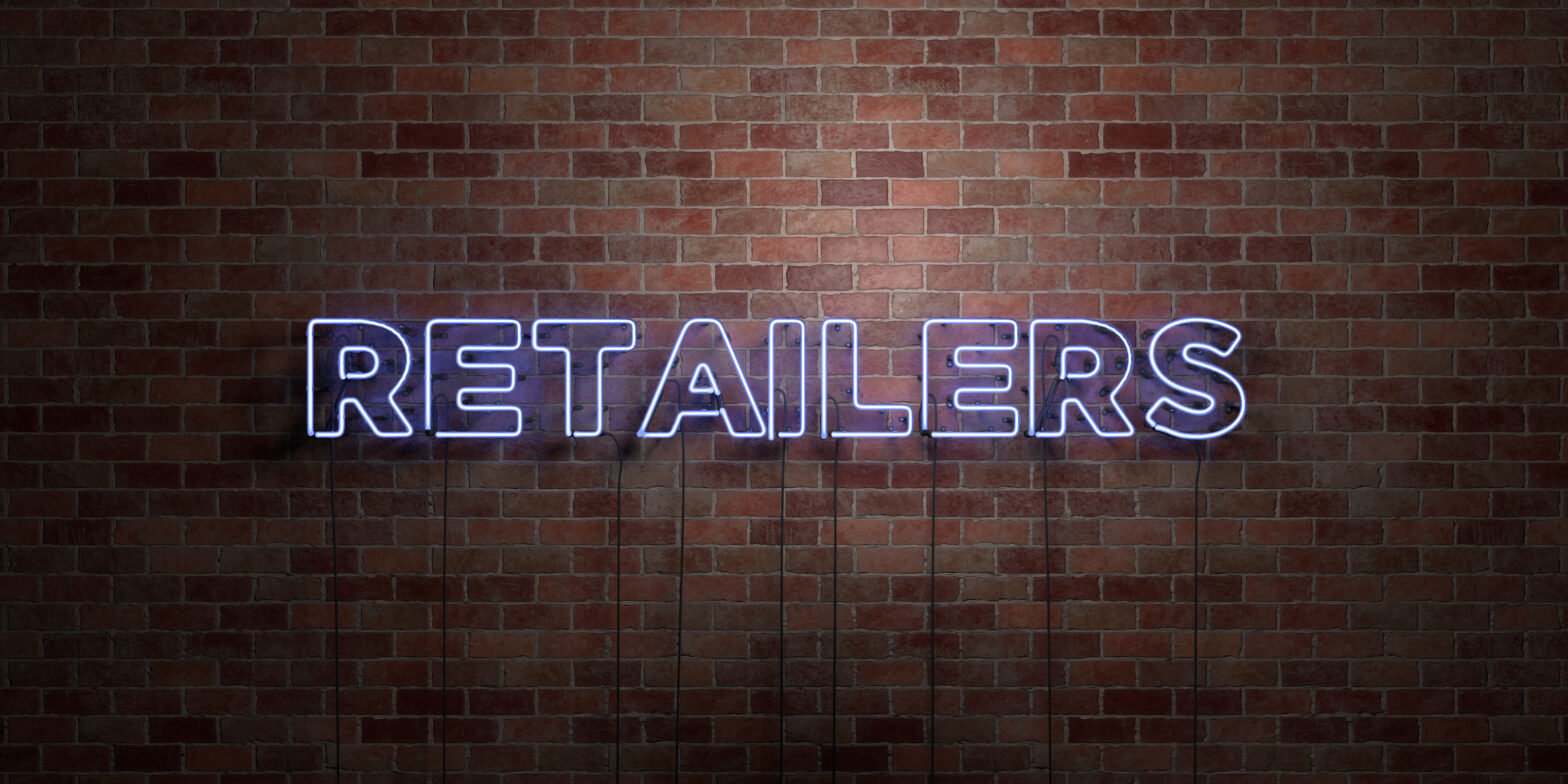Two-thirds of Britain’s small and medium scale retailers are optimistic about their business prospects through to Spring 2018, according to new research from Shutl and Censuswide. Even though 73 per cent of businesses surveyed admit that larger online retailers pose a growing threat, their confidence stems from technological innovation and smarter selling options that have made it more cost effective for SMEs to stay competitive.
The report is welcome news for SME retailers who have recently been subject to much doom and gloom reporting about the state of the high street and the numerous hurdles they face moving forward.
The challenges for today’s SME retailers
Earlier this year, The Telegraph and OMD UK released a new report, entitled ‘Entrepreneurial Britain’, looking to answer the questions surrounding what are the top concerns for Britain’s small business owners. For the more than 1,000 entrepreneurs who participated in the survey, the issues were clear: lack of advice, support, and information; difficult in accessing funding; cash flow and late payment terms; government regulation; finding and retaining top talent; and building a strong brand.
This is in addition to the current political uncertainties, including Brexit, that are only ratcheting up the pressure on SME retailers. The latest analysis from Boston Consulting Group (BCG) finds that it wouldn’t necessarily be big businesses, which suffer most from Brexit, but rather Britain’s SME businesses. This is not just because of the higher cost of capital for SMEs from banks, but crucially, 55 per cent of SMEs have admitted they have made no Brexit business plans yet.
As the drivers of the UK economy, SME owners need to understand how best to prepare for the years to come.
Preparing for the storm with automation software
SME retailers are in a highly competitive market, where margins can be razor thin. The most successful and forward thinking companies are those constantly reviewing their workflows to drive efficiencies in everyday processes, creating opportunities to better their service, refocus staff and increase output. For many SME retailers, one of the answers to questions about securing future success lies in automation.
No, not automation in the sense of robots taking over the workforce, but rather, the millions of automated devices working with people to help businesses run more smoothly. Driven by greater efficiencies in software, today we have organisational workflows and data processing work being automated.
Such technology allows retailers to eliminate manual, repetitive tasks such as invoicing, allocating stock, and fulfilling orders. This entails using a set of rules to complete such processing and admin work. SME retailers would save, on average, 57.5 days of work by doing so.
With automation, human errors and processing latencies are reduced, as are human costs. This also means liberating workers from monotonous work offers better opportunities for more engagement employment and achieving a competitive edge in the market. Meaning that advances in automation does not necessarily mean that jobs will be lost, but rather that employees will be offered the chance to develop marketing and sales strategies to grow the business.
A focus on business efficiency and optimised retail operations will help SME retailers mitigate costs that might rise in the coming months and years. By getting their systems working in their favour, companies have good reason to be optimistic about their future business success.
Competing against bigger retailers
The Shutl and Censuswide study also shows that even though 59 per cent of respondents felt economies of scale gave retail giants an advantage in delivery and distribution, 70 per cent of SME retailers believe that their personalised customer service and unique brand experience would keep customers coming back.
Delivering a personalised shopping experience, whether online or offline, is a reliable tool for retailers to build loyalty with their customer base. Actually doing so is becoming increasingly difficult as consumer expectations continue to rise alongside the growth in competition.
Data is essential for personalisation, and the more data retailers can gather about their shoppers, the more individualised the shopping experience can be. Data sources, whether offline or online, help to improve a retailer’s ability to meet their customers’ demands. Gathering and integrating data from in-store point of sale data, personal account preferences, and shopper demographics is crucial to developing a seamless omnichannel retail experience. The most effective use of this data will mean creating a deeper and more personal connection with shoppers.
Personalisation is so much more than just product recommendations. It’s about engaging the customer at every step of their journey with relevant information and advice that ultimately, increases engagement, order value, conversions and loyalty.
Being a better retailer in 2017 and beyond
The uncertainty of the UK’s current retail and political landscape means it’s more important than ever for SMEs to focus on best practices to make their business flourish in the months and years to come.
This means adopting and implementing retail automation technology that can help improve a business’ efficiency and performance. Automating the everyday, repetitive tasks of a retail business can save time, streamline back office processes and lower staffing costs.
As well, SME retailers can further differentiate themselves from their larger counterparts by leaning on their unique brand experience to deliver a customer-first shopping experience that keeps them coming back. The most successful SMEs will be those that are able to effectively analyse and harness their customer data to develop strategies for delivering a consistent, seamless retail journey both online and offline.
As long as SME retailers effectively employ retail automation technology to keep their costs down and capitalise on personalised customer experiences, they will keep customers on their side and solidify their competitive advantage over bigger retailers with larger budgets.
Derek O’Carroll is CEO of Brightpearl





